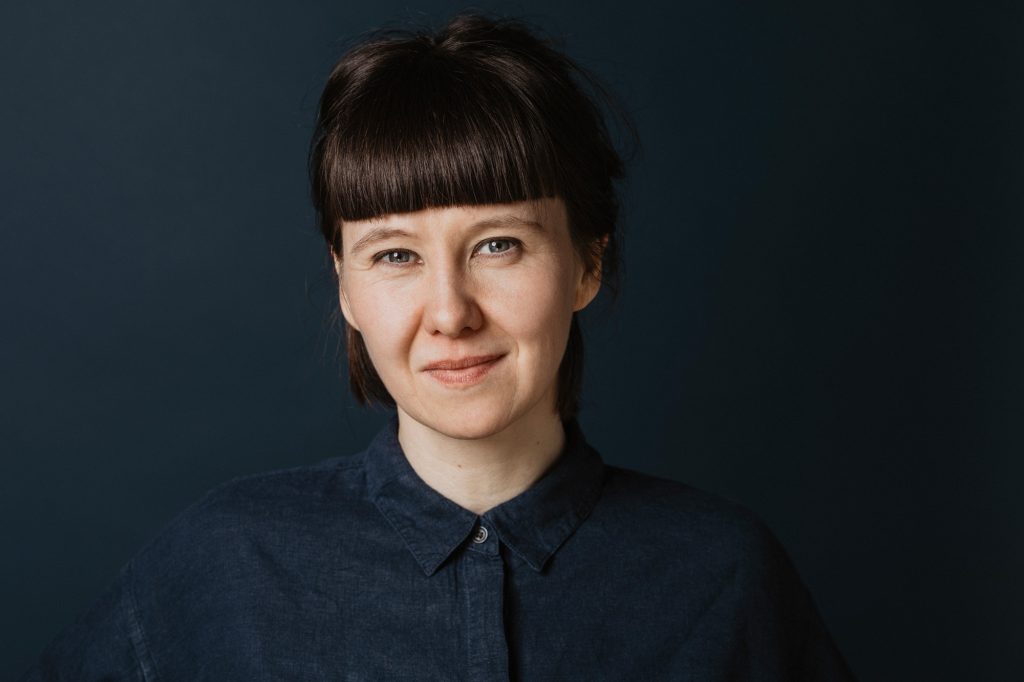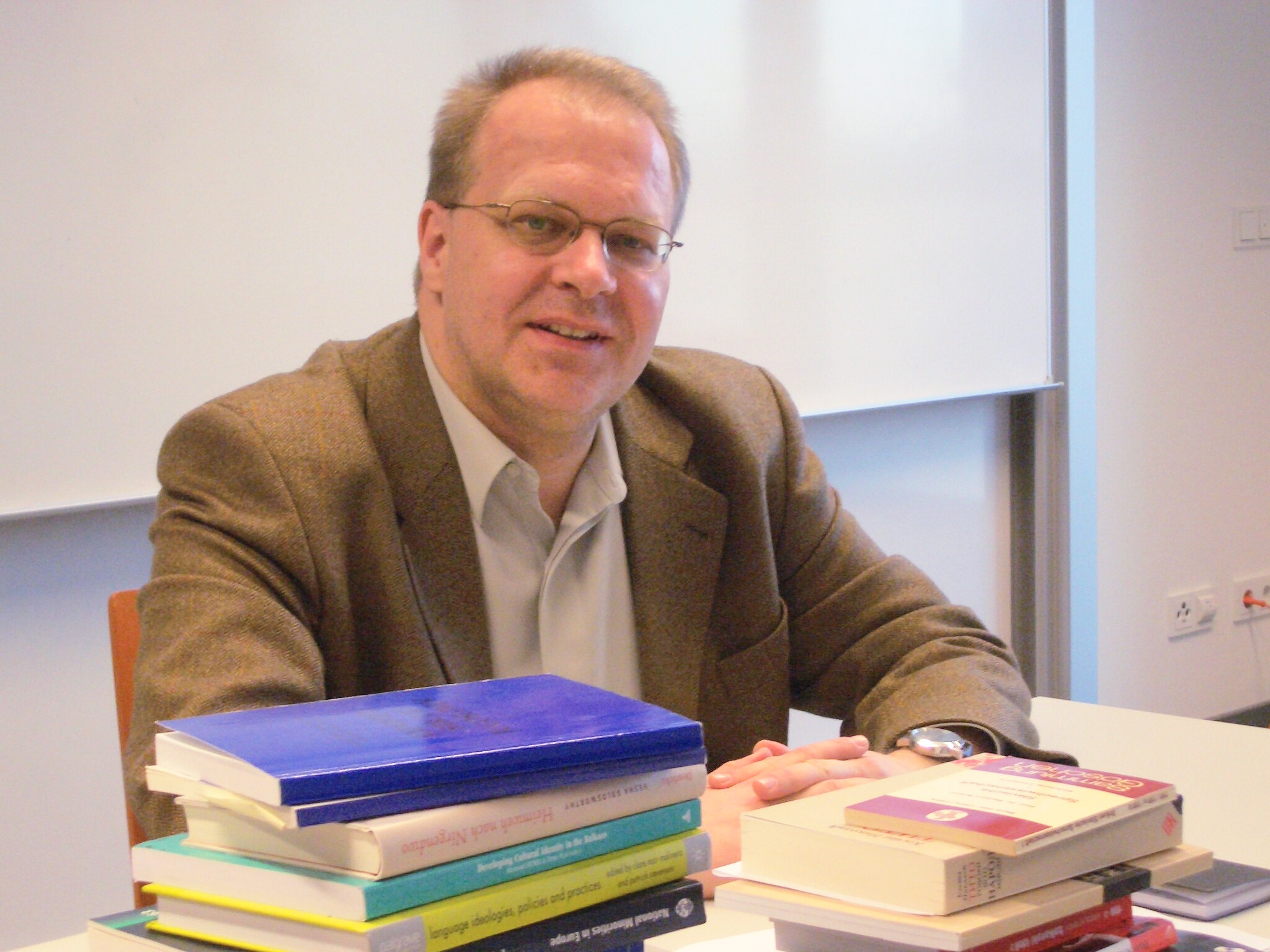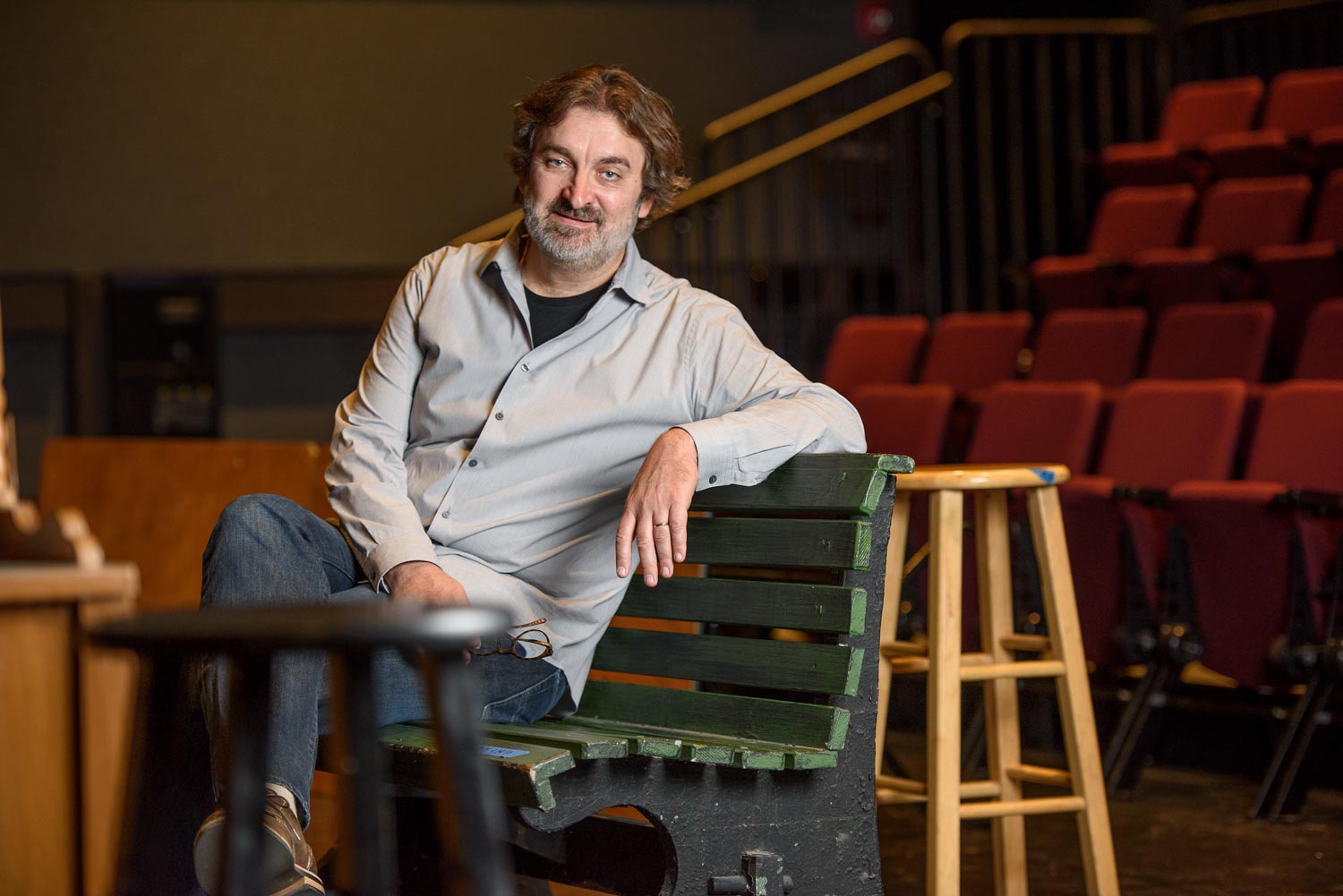On Tuesday, June 20th at 12 PM (CET), we are hosting the CAS SEE Seminar with Elisa Satjukow on Negotiating Responsibility: Perceptions of the 1999 NATO Intervention and the Kosovo War in Serbia, in conversation with our Fellow Christian Costamagna.

Elisa Satjukow
Dr. Elisa Satjukow is a lecturer and postdoctoral candidate in East and Southeast European History at Leipzig University. She completed her award-winning dissertation in 2019 (“Die andere Seite der Intervention. Eine serbische Erfahrungsgeschichte der NATO-Bombardierung 1999, transcript 2020) with a research project focussing on the 1999 NATO bombing of Serbia as a fellow in the PhD program “Trajectories of Change“, supported by the ZEIT-Foundation. Before, she studied East and Southeast European History, Comparative Literature and Russian Studies in Leipzig, Belgrade and Volgograd. She also worked as a coordinator for the Competence Center Central and Eastern Europe Leipzig and the International MitOst Festival.
Her research and teaching focus is on the Entangled History of Eastern and Southeastern Europe from the 19th to 21tst century, with a special interest in science history, gender, memory, (post-) socialism, postcolonial studies, and theories and methods of historical studies.
About the Seminar
The use of military force to save lives is one of the main ambiguities of so-called humanitarian interventions. NATO’s operation in the Kosovo war in 1999 is often considered as a watershed moment in this respect, not only influencing public discourse on the issue, but also paving the way for the implementation of the Responsibility to Protect principle in international law. But what is often overlooked in academic debates on the subject is the perspective of the “receiving end of intervention”.
What moral impact did the bombing have on the Serbian society? Taking Hannah Arendt’s reflections on collective responsibility as a starting point, the lecture will draw on documents, interviews and media reports to discuss the perception of the bombing in Serbia on the one hand and the reactions to the war crimes in Kosovo on the other.
I will show that the intervention indeed achieved short-term success – an end to the war and ultimately the overthrow of Milošević – but had long-term consequences, in terms of Serbia’s ambivalent relationship to the West, the renewed rise of populist regimes and especially with regard to the Kosovo-Serbia relations.
Join Zoom Meeting
https://us02web.zoom.us/j/88989643663?pwd=VnZTOWRmdnl0WEZIdTczc1paZWtkdz09
Meeting ID: 889 8964 3663
Passcode: 328897
Fellowships
Fellowships are enabled by the ERSTE Foundation and Rockefeller Brothers Fund in the framework of supporting brain circulation for democratic development in Southeast Europe.
UNIRI The Moise Palace: Cres Island
An education center of the University of Rijeka. A five-hundred-year-old patrician townhouse and the largest Renaissance palace on the Croatian islands. A venue and forum for various scientific and research activities, it welcomes visiting academics, students and scholars.




